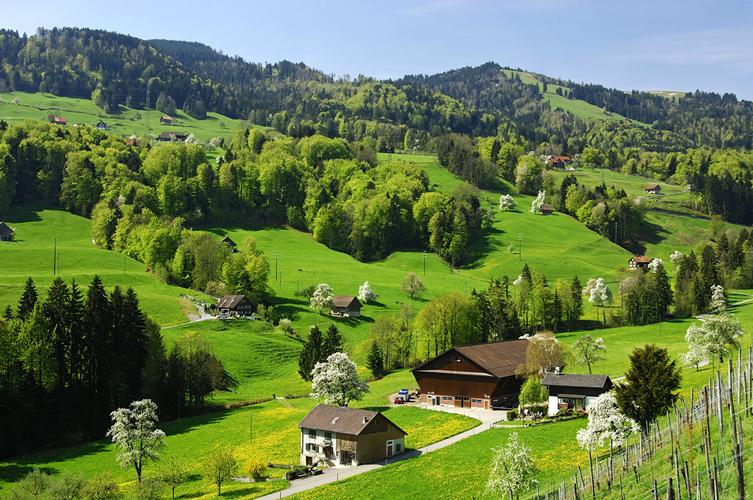Possible blog post:
Discovering the Roots of Yoruba Culture: A Fascinating Expedition
Yoruba culture is a rich and diverse tapestry of beliefs, customs, arts, and traditions that has evolved over thousands of years in West Africa. Its influence can be felt not only in Nigeria, where the Yoruba people are one of the largest ethnic groups, but also in the Caribbean, Brazil, Cuba, and other places where Yoruba diaspora communities have settled and blended with other cultures.
To understand the roots of Yoruba culture, one needs to embark on a fascinating expedition that combines history, anthropology, linguistics, archaeology, mythology, and art. Fortunately, many scholars, artists, writers, and activists have already done so and left us a rich legacy of knowledge, creativity, and resistance.
One of the earliest sources of information about Yoruba culture comes from Arab and European travelers and traders who visited West Africa from the 9th century onward. They described the kingdoms and cities of the Yoruba, such as Ife, Oyo, and Benin, as centers of commerce, education, religion, and art. They also noted the complexity and sophistication of Yoruba social organization, which included kings, chiefs, elders, priests, warriors, merchants, farmers, and artisans.
Another source of insight into Yoruba culture is the Yoruba language itself, which belongs to the Niger-Congo language family and has many dialects and variations. Linguists have traced the origins and evolution of Yoruba words and grammar, revealing connections with other African and Afro-Asiatic languages, such as Swahili, Hausa, Arabic, and Hebrew. They have also studied the role of language in Yoruba oral literature, which includes proverbs, praise poems, myths, legends, and folktales.
A third dimension of Yoruba culture that deserves attention is religion, which has played a central role in the lives of Yoruba people for millennia. Yoruba religion is a complex system of beliefs and practices that involves the worship of numerous deities, spirits, ancestors, and forces of nature, as well as the use of divination, sacrifice, music, dance, and art. Yoruba religion has influenced many other religions, such as Vodou in Haiti, Santeria in Cuba, and Candomble in Brazil, as well as contemporary art, music, literature, and fashion.
A fourth aspect of Yoruba culture that has attracted global attention is art, which includes sculpture, painting, textiles, metalwork, and performance. Yoruba art is known for its beauty, diversity, and symbolism, and has been collected and exhibited in museums and galleries around the world. Yoruba art reflects not only religious and social values but also historical events and individual creativity. Yoruba artists have used different materials and techniques to express their visions and emotions, from the delicate beads of a crown to the massive bronze castings of a palace gate.
A fifth perspective on Yoruba culture that is worth exploring is resistance, which has been a recurrent theme in Yoruba history. Yoruba people have faced many challenges and injustices, such as slavery, colonization, and oppression, but have also found ways to resist, adapt, and transform. Yoruba resistance has taken many forms, such as rebellions, wars, diplomacy, education, art, music, and religion. Yoruba resistance has also inspired many other movements and struggles for freedom and justice, such as the Civil Rights Movement in the United States.
In conclusion, discovering the roots of Yoruba culture is a fascinating and rewarding expedition that reveals the complexity, beauty, and relevance of one of the world’s oldest and richest cultural traditions. By exploring Yoruba history, language, religion, art, and resistance, we can gain a deeper understanding of ourselves, our interconnectedness, and our possibilities for creating a more just and inclusive world.
(Note: Do you have knowledge or insights to share? Unlock new opportunities and expand your reach by joining our authors team. Click Registration to join us and share your expertise with our readers.)
Speech tips:
Please note that any statements involving politics will not be approved.
